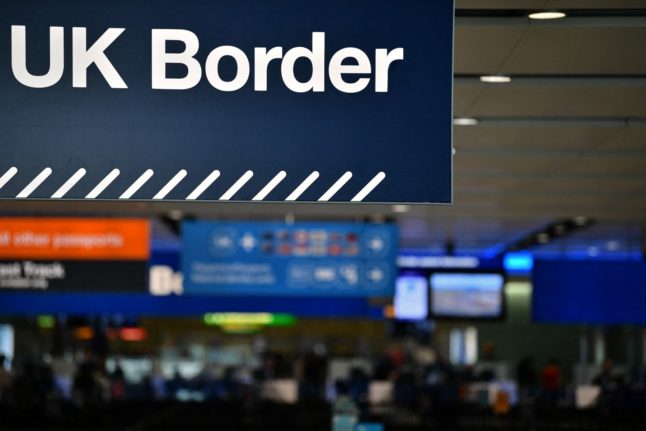The group believes however that even a so-called 'hard' Brexit, in which Britain would leave the single EU market, could be a “very nice opportunity”.
PSA announced Monday the acquisition of General Motors' European subsidiary, which includes Germany's Opel and Britain's Vauxhall, for 1.3 billion euros ($1.38 billion).
The takeover will see PSA regain its position as the second-biggest car manufacturer in Europe after Germany's Volkswagen group, overtaking its French rival Renault.
British Prime Minister Theresa May is due to trigger Article 50 by the end of March, starting the two-year EU divorce process.
“Brexit is interesting because nobody knows how it's going to unfold,” said PSA Chief Executive Carlos Tavares.
A hard Brexit would see Britain's departure from the EU's single market or tariff-free zone, while ending the free movement of people.
In a more amicable, or soft Brexit, Britain might retain at least some access to the single market in return for free movement of people.
“If it's not a hard Brexit, then everybody will be happy because if it's not hard then the markets will be in a better shape and everybody will benefit from it,” Tavares told a news conference.
In that situation, it will be all about “performance”, allowing PSA “to be competitive in the UK against all the other regions, all the other countries”.
“It can be an opportunity that can be strengthened, eventually by the weakness of the pound.”
Britain is Opel's largest European market, where vehicles are sold under the Vauxhall marque. It also employs about 5,000 people in Britain, most of them in two factories located in Ellesmere Port in northwestern England and Luton in the southeast.
But even a hard Brexit could be “a very nice opportunity” for Vauxhall's supply chain “to be able to source the UK from the UK”, according to Tavares.
“In that situation… possibly it is important that we can source parts from the UK. So that the cost structure will be more in pounds as much as the revenue structure.
“So if it's a hard Brexit, then, of course, the supplier basis needs to be developed, and I think this is something that the UK government completely understands.”
GM blames Brexit
In London, a Downing Street spokesman Monday was asked about reports that PSA was keen to keep a plant in Britain in case of a hard Brexit to protect themselves against potential tariffs.
He said he was not aware of this issue being mentioned in conversations between London and PSA.
“The company themselves have said this morning that Brexit was not the driving factor behind the decision,” he said.
For Len McClusky, the secretary general of the Unite trade union, “there is also a role for the government to play. The uncertainty caused by Brexit is harming the UK auto sector”.
Last year, some 1.72 million cars were assembled in Britain, or 8.5 percent more than in 2015. Eight out of 10 have been exported. Among those shipped abroad, 56 percent were to the European Union.
GM's chief executive Mary Barra blamed the June Brexit vote and the fall in the value of the pound afterwards for 2016 losses. The group had been hoping for a return to profitability for Opel and Vauxhall, but it ended up reporting
a loss of $257 million.
She said the financial results for its European subsidiary “have improved dramatically” in recent years.
“It's clear that the team would have hit the goal of breaking even in 2016 had it not been for Brexit.”
Opel and Vauxhall have booked repeated losses in recent years, costing the Detroit-based GM around $15 billion since 2000.



 Please whitelist us to continue reading.
Please whitelist us to continue reading.
Member comments